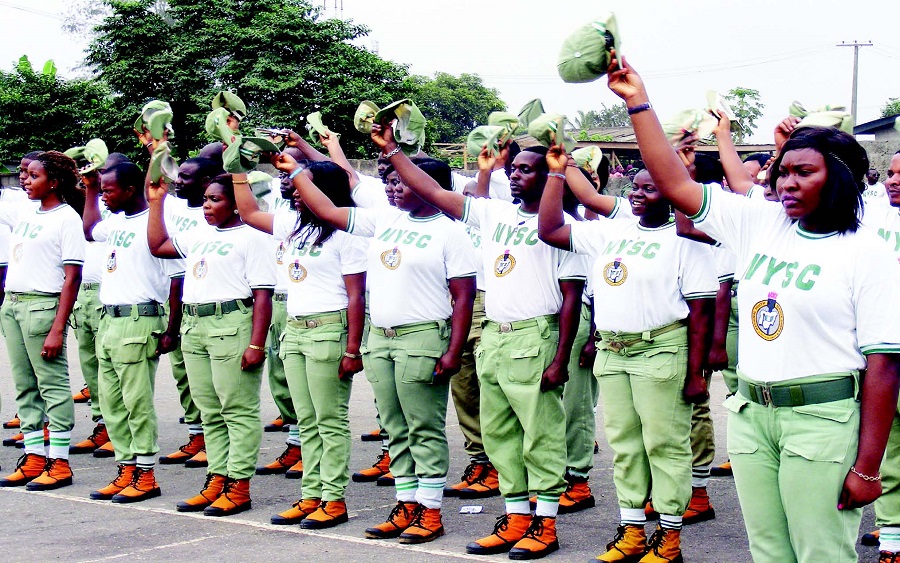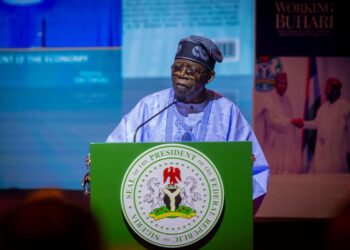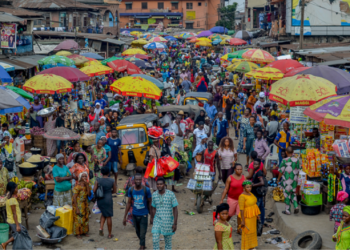The Director General, National Youth Service Corps (NYSC), Brigadier General Shuaibu Ibrahim, has explained that no case of Coronavirus has been recorded at the orientation camp and that the exercise was suspended as a precautionary measure to curb the spread of COVID-19.
The NYSC boss added that during the Ebola virus, the corps members were also in camp but their activities were suspended to prevent the spread of the virus. According to him, although the scheme had put in place precautionary measures earlier, there was still need to suspend the camp activities to ensure that no case is recorded.
The management of NYSC had suspended the ongoing orientation exercise in all camps nationwide early on Wednesday.
READ MORE: Coronavirus: Travel agencies count loses, ticket sales drop by 50%
In a statement released by the scheme, it said all corps members would proceed to their places of primary assignment. It read,
“Sequel to the outbreak of the coronavirus pandemic, which led to the cancellation of the national sports festival, management of the National Youth Service Corps Scheme wishes to announce the suspension of the on-going orientation course for the 2020 Batch “A” stream 1 corps members.
“Therefore, the corps members shall be posted to commence their primary assignments forthwith, while they shall be invited back to the orientation camps when the situation improves, just like it happened a few years ago when the nation was confronted by the Ebola virus threat. Management wishes to state that no corps member or camp official has contracted the virus.”



















we need to be careful